Asian hornets threaten ‘catastrophe’ for UK bees
Invasive species is gaining ‘foothold’ in southern England with ‘sharp rise’ in sightings
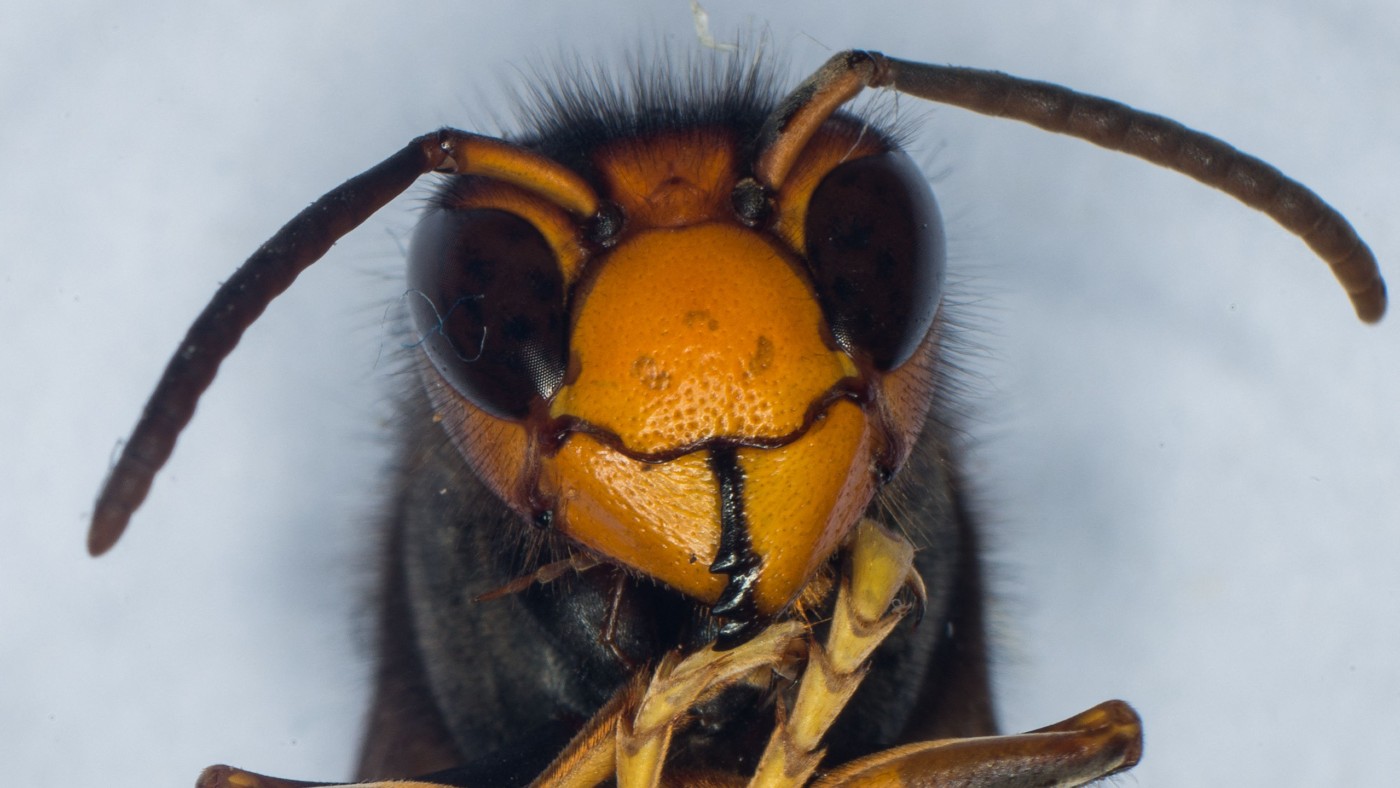
A free daily email with the biggest news stories of the day – and the best features from TheWeek.com
You are now subscribed
Your newsletter sign-up was successful
UK bees are in danger from “invasive hornets” who are “wreaking havoc in mainland Europe”, according to a report by leading scientists.
The Asian hornets, which feed on native bees and wasps, are threatening to get a “foothold” in the UK, with nests found in East Sussex, Kent, Devon and Dorset, said the BBC. This has raised fears of “catastrophic consequences” for the UK’s bee populations for years to come.
There has been a “sharp rise” in sightings of the invasive species in the UK this year, noted The Guardian. There were only two sightings in each of the previous two years, whereas there have been 22 confirmed so far in 2023. As the vast majority have been in Kent, some experts believe the species may have established itself there.
The Week
Escape your echo chamber. Get the facts behind the news, plus analysis from multiple perspectives.

Sign up for The Week's Free Newsletters
From our morning news briefing to a weekly Good News Newsletter, get the best of The Week delivered directly to your inbox.
From our morning news briefing to a weekly Good News Newsletter, get the best of The Week delivered directly to your inbox.
“It is a bit too early to say for sure but the situation looks ominous,” Dave Goulson, a professor of biology at the University of Sussex, told the paper. He warned that “if even one nest evades detection and reproduces” it will then “probably become impossible to prevent them establishing”.
This would be “terrible news” for native bees, which the hornets “dismember and eat”, said the paper. They “sit outside honeybee hives and capture bees as they enter and exit”, it added, and “chop up the smaller insects and feed their thoraxes to their young”.
Prompt destruction of nests “has so far prevented the species from becoming established” in the UK, said New Scientist.
A UN study published this week said invasive alien species are spreading across the world at “unprecedented rates”, said the i paper, threatening native plants and animals with extinction while damaging human health and livelihoods. It said invasive species have been solely responsible for 16% of the world’s animal and plant extinctions and a factor in 60%.
A free daily email with the biggest news stories of the day – and the best features from TheWeek.com
Chas Newkey-Burden has been part of The Week Digital team for more than a decade and a journalist for 25 years, starting out on the irreverent football weekly 90 Minutes, before moving to lifestyle magazines Loaded and Attitude. He was a columnist for The Big Issue and landed a world exclusive with David Beckham that became the weekly magazine’s bestselling issue. He now writes regularly for The Guardian, The Telegraph, The Independent, Metro, FourFourTwo and the i new site. He is also the author of a number of non-fiction books.
-
 Switzerland could vote to cap its population
Switzerland could vote to cap its populationUnder the Radar Swiss People’s Party proposes referendum on radical anti-immigration measure to limit residents to 10 million
-
 Political cartoons for February 15
Political cartoons for February 15Cartoons Sunday's political cartoons include political ventriloquism, Europe in the middle, and more
-
 The broken water companies failing England and Wales
The broken water companies failing England and WalesExplainer With rising bills, deteriorating river health and a lack of investment, regulators face an uphill battle to stabilise the industry
-
 Cows can use tools, scientists report
Cows can use tools, scientists reportSpeed Read The discovery builds on Jane Goodall’s research from the 1960s
-
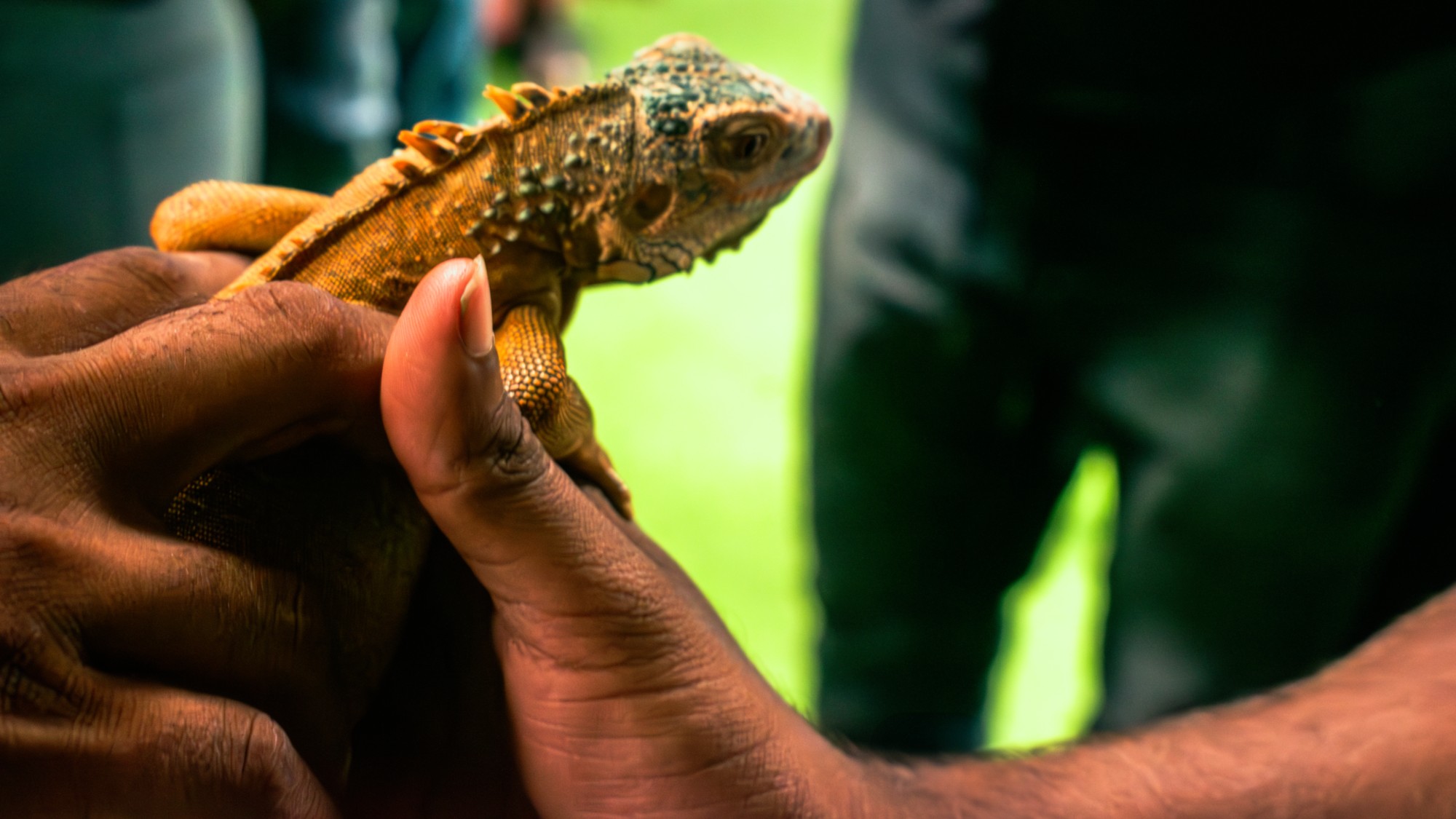 Parthenogenesis: the miracle of 'virgin births' in the animal kingdom
Parthenogenesis: the miracle of 'virgin births' in the animal kingdomThe Explainer Asexual reproduction, in which females reproduce without males by cloning themselves, has been documented in multiple species
-
 Rabbits with 'horns' sighted across Colorado
Rabbits with 'horns' sighted across Coloradospeed read These creatures are infected with the 'mostly harmless' Shope papilloma virus
-
 Scientists discover cause of massive sea star die-off
Scientists discover cause of massive sea star die-offSpeed Read A bacteria related to cholera has been found responsible for the deaths of more than 5 billion sea stars
-
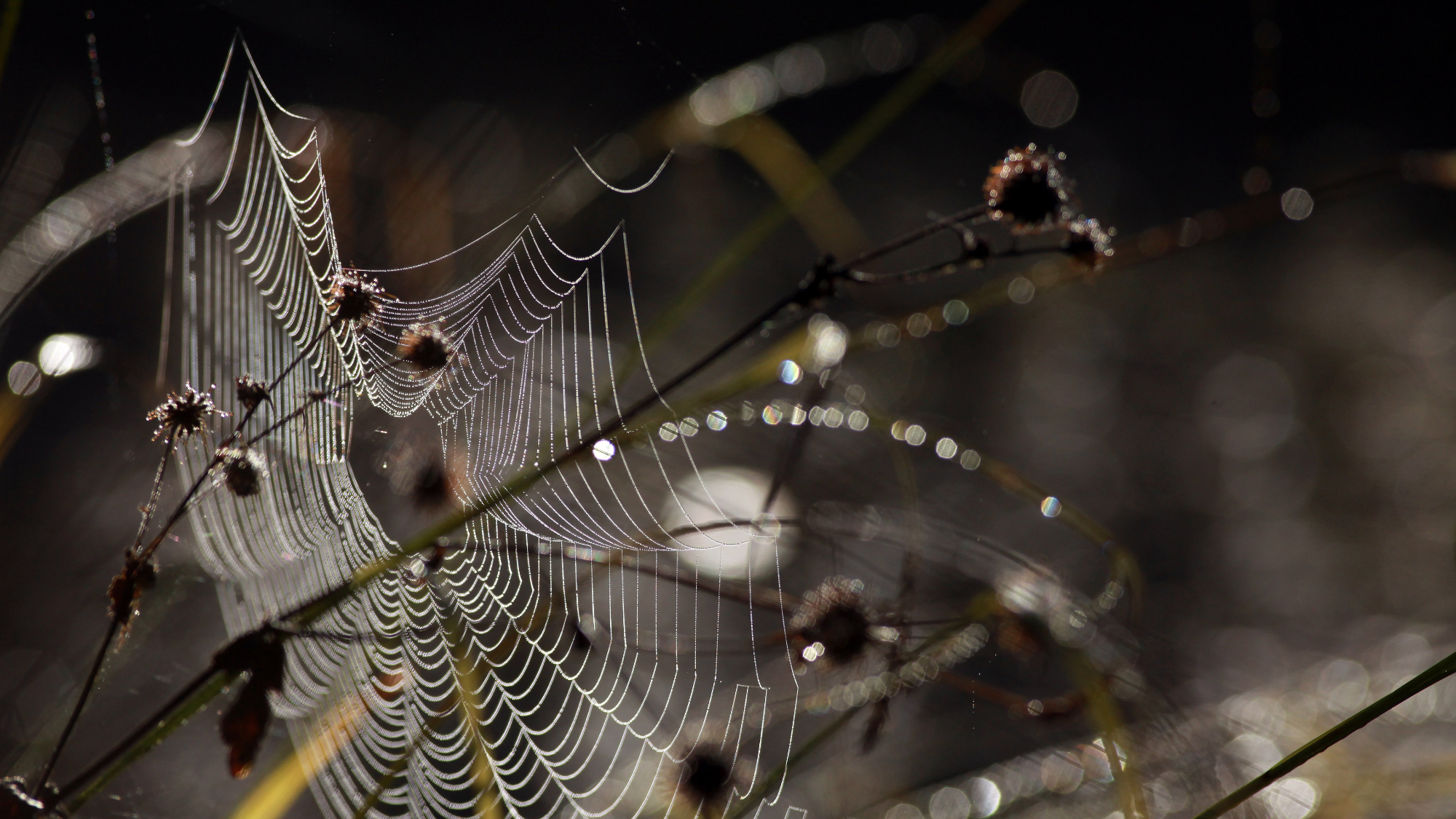 Novel 'bone collector' caterpillar wears its prey
Novel 'bone collector' caterpillar wears its preySpeed Read Hawaiian scientists discover a carnivorous caterpillar that decorates its shell with the body parts of dead insects
-
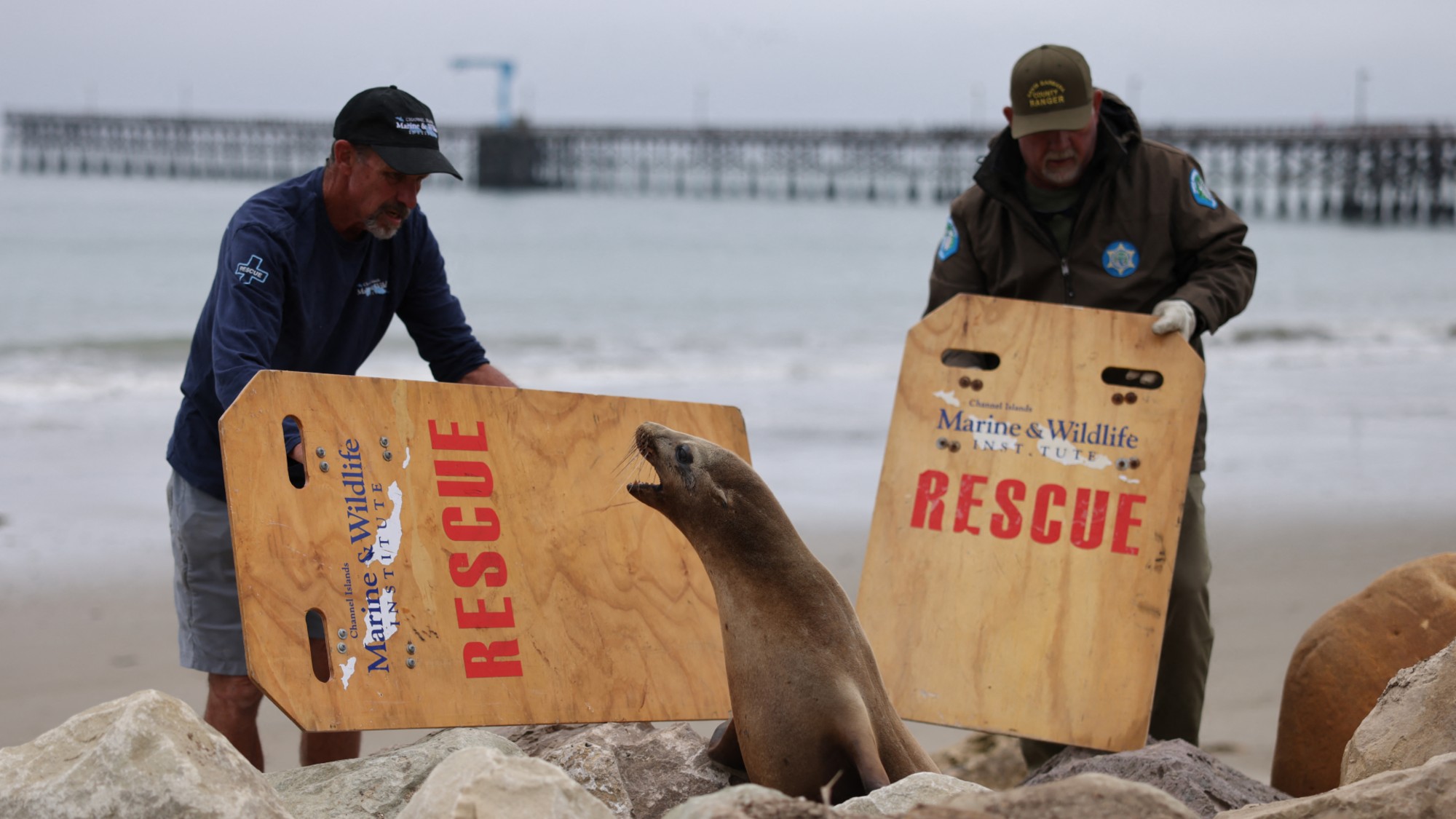 Toxic algae could be causing sea lions to attack
Toxic algae could be causing sea lions to attackIn the Spotlight A particular algae is known to make animals more aggressive
-
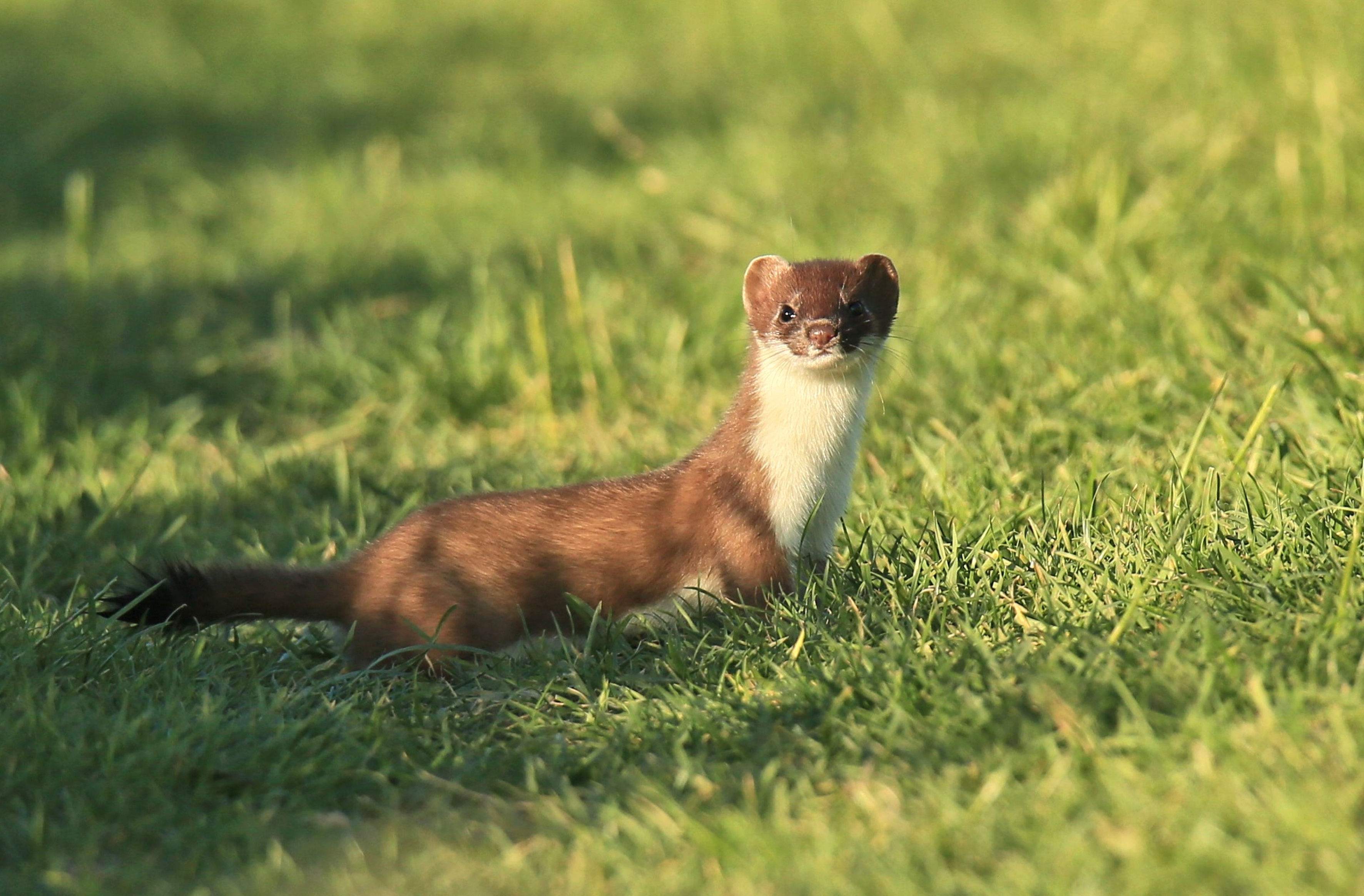 Orkney's war on stoats
Orkney's war on stoatsIn the Spotlight A coordinated stoat cull on the Scottish islands has proved successful – and conservationists aren't slowing down
-
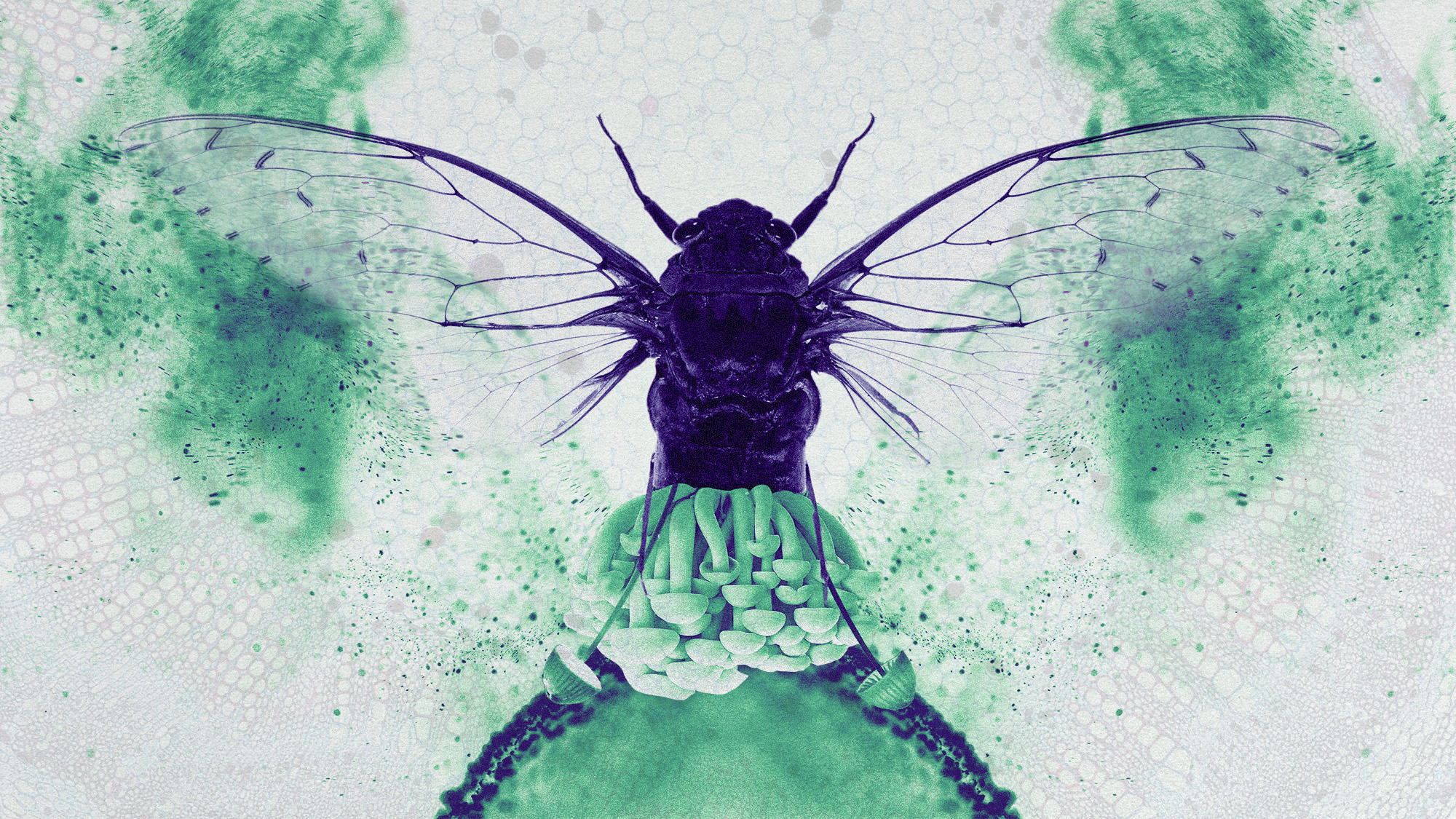 Cicada-geddon: the fungus that controls insects like 'zombies'
Cicada-geddon: the fungus that controls insects like 'zombies'Under The Radar Expert says bugs will develop 'hypersexualisation' despite their genitals falling off